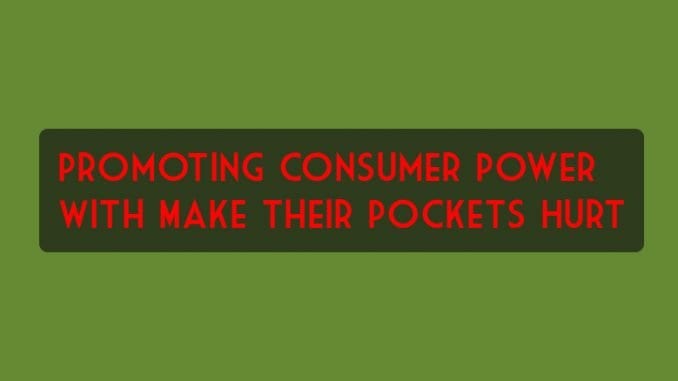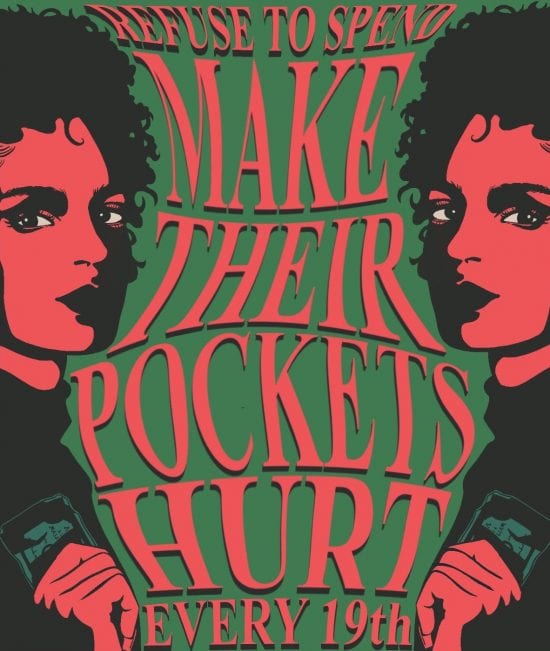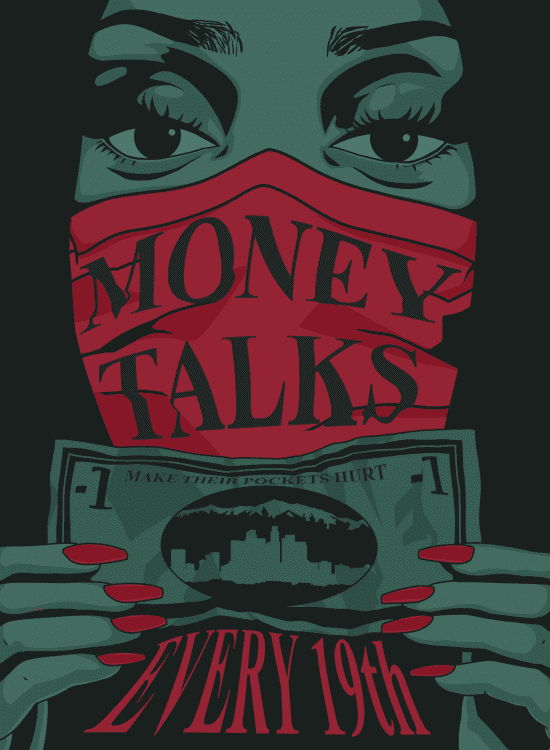
The movement is one of many leading a nationwide call to support Black businesses and utilize our power as consumers.
BY EMILY JOY MENESES
SPECIAL TO BARISTA MAGAZINE ONLINE
It’s been almost three months since the first round of protests demanding justice for George Floyd, Breonna Taylor, Ahmaud Arbery, Tony McDade, and countless others broke out around the nation. Though the headlines surrounding the movement may be quieting down, the energy on the streets is still going strong, and calls for police abolition, reparations, and meaningful long-term change are echoing around the country. It’s no secret that the people are pushing for a radical transformation of society, but many of us are left with the burning question: How?
It’s easy to imagine the reality we want to live in: a world of harmony, equity, and peace—but when faced with this utopian vision, it can be daunting to think about how we can bring it to life. In response, many Black leaders have outlined the support of Black businesses as a concrete way to create and sustain change.

Run by Leah Jackson, Maria Sulaiman, Amabelle Morning, and Andrea Nasev, Make Their Pockets Hurt is a movement dedicated to divesting from corporate America and investing in small, local businesses. In their mission statement, MTPH describes the importance of supporting Black businesses in the fight against racial inequity:
“Black people are disadvantaged by a lack of generational wealth compared to other demographics. They face a larger amount of discrimination when applying for small business loans and do not have the same economic resources as white startups. Consciously supporting Black-owned business owners not only supports your community but encourages the success of other Black businesses. We ask for the support towards Black business because it enriches the community, creates lucrative jobs for other Black people, and closes the racial wealth gap.”
They also note that many large corporations fund law enforcement, utilize prison labor, and use production methods that are harmful to their workers and the environment—crucial factors to consider should we decide to purchase their products.

On Juneteenth, Make Their Pockets Hurt was one of several organizations to lead a nationwide economic blackout, in which participants abstained from spending money at corporate chains and opted to support small, Black-owned businesses instead. Though daylong boycotts like this one certainly have the power to attract attention, organizers and business owners alike encourage participants to support Black businesses for the long-term, and not just as a temporary endeavor.
I recently spoke with Jonathan Kinnard, the founder of South L.A.’s Coffee del Mundo, who shared with me his thoughts on the movement: “We need to create a lifestyle from this thought process—a lifestyle of putting thought behind every seed of power that you put out into the universe. I do believe the movement is here to stay, but I think it’s going to take some consistent reinforcement.”
In the weeks following the George Floyd protests, Black-owned businesses around the nation experienced an outpouring of support. Though this influx of business does reflect a positive shift, Jonathan draws attention to the fact that the support must be ongoing. Make Their Pockets Hurt echoes this sentiment by advocating for a boycott on the 19th of every month, as a viable way to sustain the Juneteenth momentum for the long-term.
For many, it’s impossible to avoid large corporations completely, and several activists have pointed out that the conversation must expand into redistributing wealth to the Black community as a whole (and not just business owners)—but making the conscious choice to support small, local Black-owned businesses whenever you can is a good way to begin connecting with and investing in the people around you.
Apps like EatOkra, Support Black Owned, and Where U Came From make Black-owned businesses in your area just a quick search away, and you can find a list of Black-owned coffee companies in the latest print issue of Barista Magazine.

ABOUT THE AUTHOR
Emily Joy Meneses is a writer, musician, and cat mom based in Los Angeles. You can regularly find her at Echo Park Lake, drinking a cortado and journaling about astrology, art, Animal Crossing, and her dreams. Explore her poetry, short stories, and music on her website.

